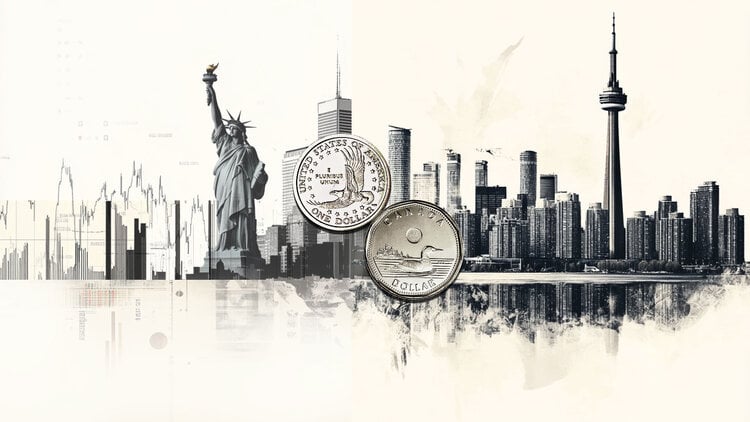The recent suspension of X (formerly Twitter) in Brazil encouraged many users to search alternatives to continue accessing the social network . One of the most popular solutions has been the use of VPNs (Virtual Private Networks), which allow you to bypass geographic blocks and access restricted content.
In addition to the daily fine of R$50,000, following a determination by Minister Alexandre de Moraes, users who use VPN applications to access the X platform may also suffer risks to their cybersecurity.
What is a VPN and how does it work?
A VPN creates an encrypted “tunnel” between your device and a remote server, masking your real IP address and location. This allows you to access blocked websites and services, such as X in Brazil, and also protects your online privacy by making it harder for your internet activity to be tracked. This technology became popular with the rise of remote work during the pandemic, allowing employees to access the company’s internal network even when they are physically distant.
Furthermore, the use of VPNs revolves around privacy. The tool is capable of hiding the IP address and encrypting user data, making it much more difficult for third parties, such as internet providers or advertisers, to track your online activities. VPNs also allow users to access websites and services that may be blocked in their geographic region, such as streaming catalogs from other countries or content restricted by companies, as is the case with X, in Brazil.
What are the risks and disadvantages of using VPNs?
Despite the privacy they provide in certain areas, VPNs pose cybersecurity risks if they are misconfigured, as explained by digital security expert Wanderson Castilho. “Since it is an application, just like any other, it can contain viruses when downloaded.”
The security of your data can be compromised if the VPN server is unreliable or has poor security, exposing your personal information and online activities to hackers, for example.
It’s important to choose a reliable VPN provider at this point, with a proven track record of security and a transparent privacy policy that details how your data is collected and used – it’s important that the data remains encrypted. “If the VPN is configured correctly, it will work without any problems; no one outside your network will be able to see your connections, only those who are using it,” says Castilho.
Additionally, the VPN software itself may contain malware, and even with the VPN turned on, clicking on a malicious link or downloading an infected file can lead to your device being infected. The tool acts as a secure tunnel for your data, but it does not replace the need for antivirus software and other digital security practices.
Castilho explains that VPNs only protect data traffic between your device and the server and do not offer comprehensive protection against all cyber threats, such as viruses, malware or phishing, and cannot guarantee complete anonymity on the internet. Online activities can still be tracked by other means, such as cookies and tracking scripts.
There is also the possibility of increased latency and reduced connection speed when using the tool, as data traffic is routed through a remote server. This will impact your browsing experience, especially in activities that require high bandwidth, such as video streaming or online gaming.
What is Li-Fi? Learn about the technology that could revolutionize the internet
This content was originally published in Do you use a VPN? Learn about the risks of using the tool for your cybersecurity on the CNN Brasil website.
Source: CNN Brasil
Charles Grill is a tech-savvy writer with over 3 years of experience in the field. He writes on a variety of technology-related topics and has a strong focus on the latest advancements in the industry. He is connected with several online news websites and is currently contributing to a technology-focused platform.







